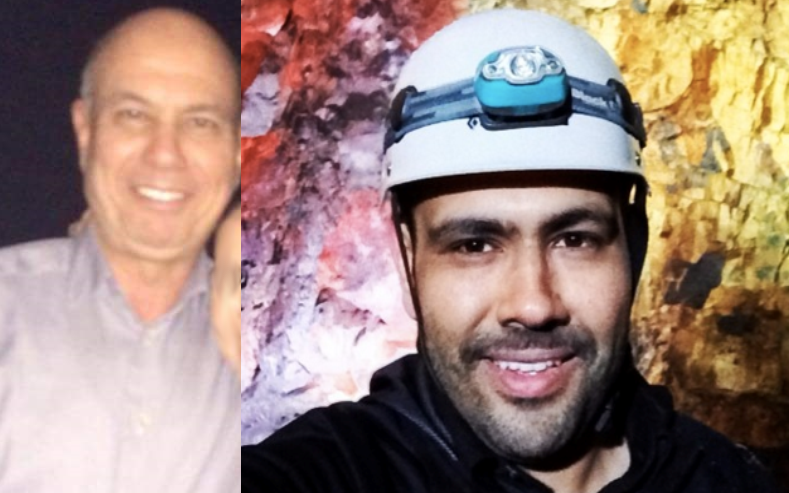The trial of Libyan-American citizens Kamal and Mohammed al-Darat is due to continue today in the UAE. On 18 January, Emirati authorities charged the father and son with providing financial support to two alleged Libyan terrorist groups (neither of which are recognized as terrorist organizations by the UN) after almost 18 months of incommunicado detention. Their trial began on 15 February, but was then adjourned until the 29 February, after which it was again postponed when the judge ordered a forensic medical assessment of the defendants’ torture allegations. According to members of the al-Darat family, these evaluations lasted only five minutes, despite the fact the prosecution’s primary evidence is based on confessions reportedly obtained through torture. Now, if convicted, they could face the .
Still, international pressure is mounting on the UAE to release the al-Darats. Last month, the UN Special Rapporteur on torture issued a on their case, emphasizing the evidence of torture and demanding their unconditional release. Additionally, a UAE court dismissed a similar case against two other Libyan businessmen on 14 March. Human Rights First (HRF) notes that “both trials share common characteristics, including fabricated terrorism charges, a prosecution based on coerced confessions, retroactive use of a law, and prolonged, unlawful imprisonment…that outcome bodes well for the Eldarats [alternative transliteration] and their family.”
Margaret Bailey is and Advocacy Intern at ADHRB.





